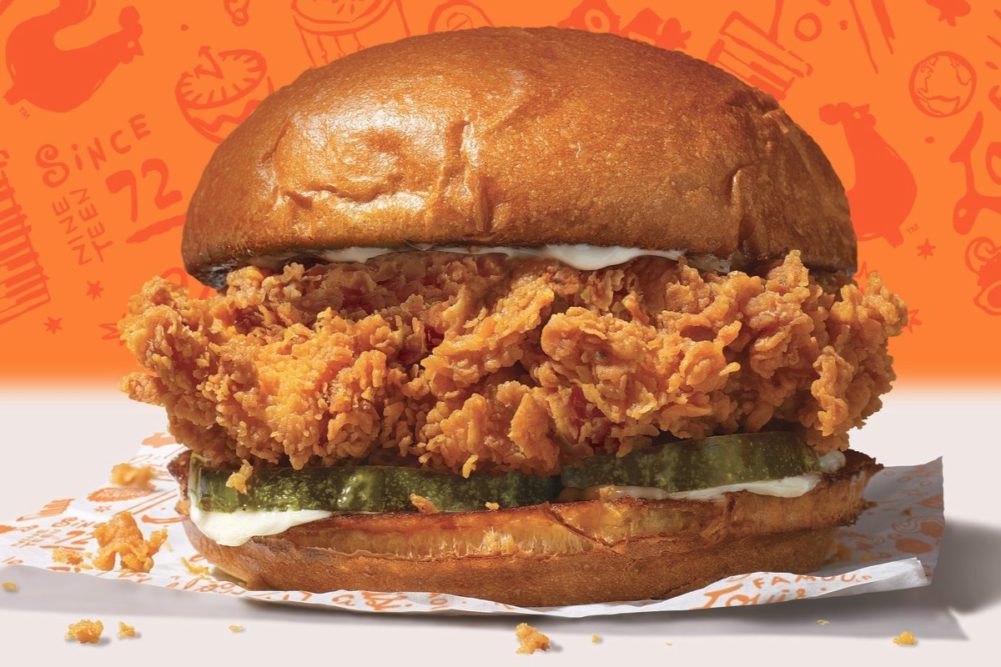Monosodium glutamate (MSG) is the sodium salt of the amino acid glutamic acid, which is naturally present in the body as well as many foods and food additives. It is a “generally recognized as safe” food ingredient that has been used as a flavor enhancer for decades; however, because some consumers claim to experience adverse reactions to the additive, the US Food and Drug Administration (FDA) requires it to be called out on ingredient statements. Addition cannot hide behind all-encompassing terms such as “flavor” or “spice.”
With the trend toward simplifying and cleaning up food formulations, many meat processors have removed MSG from products and have turned to other flavor-enhancing ingredients that provide umami, which is what MSG provides. Umami is the savory taste associated with cooked meats.
On Jan. 13, Bloomberg News shook up the fried chicken sandwich fast-food market with the headline, “McDonald’s Sprinkles Some MSG in Chicken Sandwich Race.” The additive is being used in the new sandwich undergoing trials in Knoxville, Tennessee, and Houston, as well as appearing at other locations in tests of sausage, soup bases and different crispy-chicken fillets, Bloomberg reports. It was also revealed that MSG is used by Chick-fil-A and Popeyes Louisiana Kitchen in its chicken sandwiches.
While none of the chains “hide” the addition of MSG, it’s also not boldly displayed on menu boards or in the restaurants. McDonald’s does not use MSG in products on its national menu currently and lists ingredients in its national menu on its website, according to the company.
While MSG is still used in many packaged food products for umami, it’s not typically found in meat and poultry products positioned as natural. The ingredient is also not allowed in products sold at Whole Foods Market. Interestingly, there is a bit of a labeling loophole, as FDA does not require ingredients that naturally contain MSG to flag the chemical’s presence. Such ingredients include hydrolyzed vegetable protein, autolyzed yeast, hydrolyzed yeast, yeast extract, soy extracts and protein isolate, as well as tomatoes and cheeses. The regulatory agency does however restrict such foods from making “no MSG” or “no added MSG” claims.


